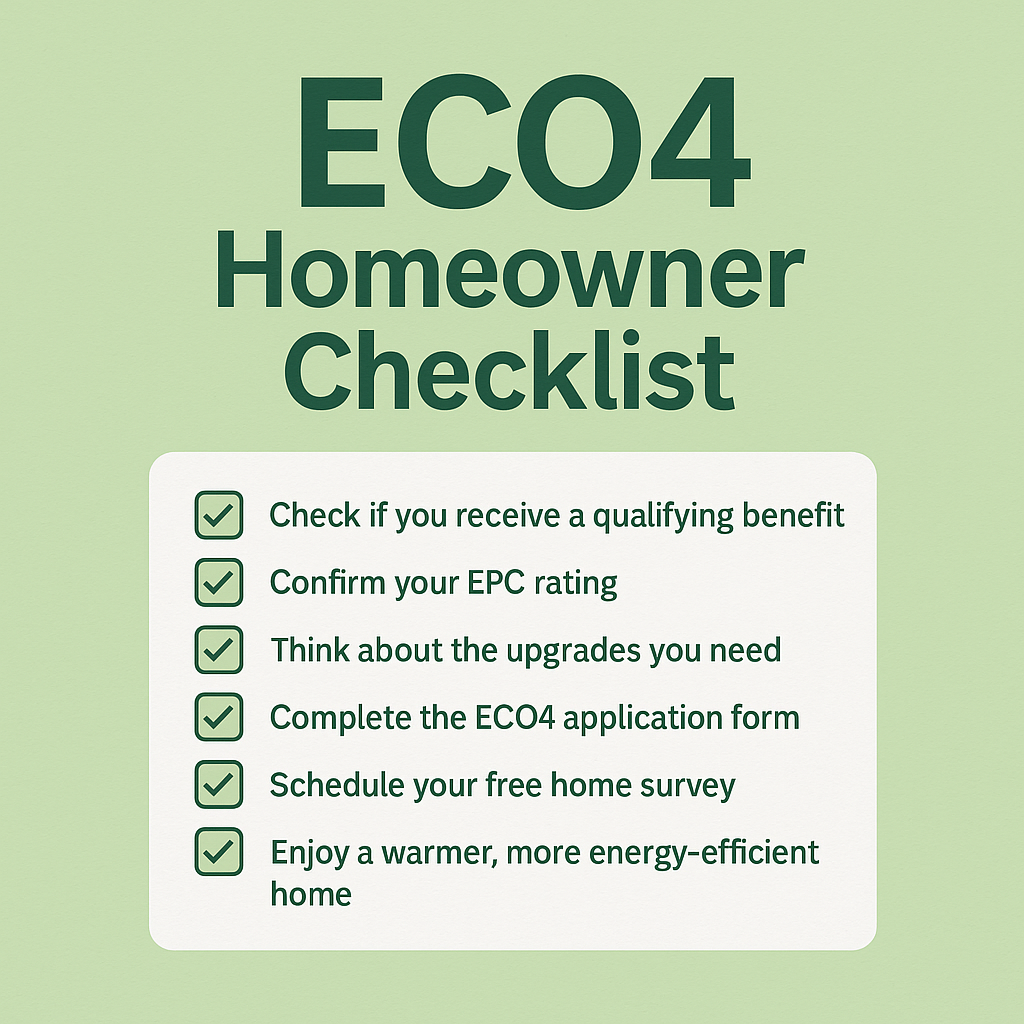Energy costs are a concern for everybody these days. Even with the government’s energy price guarantee, a lot of people wonder how they’re going to pay their bills month to month. Some may be eligible for further government grants and schemes to help with the cost of living. But either way, more and more tips arise every day for reducing energy usage and therefore your energy bills. Here are just a few of them.

Oven Efficiency
Ovens use the most amount of energy when heating up to the desired temperature. In order to reduce the times it does this, consider batch cooking as many meals together as possible. Cook the next few days or the week’s meals in advance, or cook triple portions and freeze some for another time. When it comes to defrosting and reheating, defrost in the fridge and reheat in the microwave for the least energy usage.
When you’re done cooking, leave the oven door open and allow otherwise disused heat to circulate in your home. Ovens and freezers also work at their maximum efficiency when clean and clear. So get the most out of them, clean your oven and defrost your freezer when there’s an ice build-up.
Boiler Efficiency
To ensure you’re not losing money through boiler usage, it can be very worthwhile to check up on it. It’s advisable to have your boiler serviced once a year by a Gas Safe engineer, who will be able to check it’s running at its best.
A service doesn’t cost too much, but it could save you thousands in repairs down the line, and lower your overall energy bill. If your boiler is older, it might be worth replacing it. Boiler replacement can obviously cost a lot, but a newer, energy-efficient model will reduce your bills.
If you can’t afford a new boiler, boiler grants are available. Find out more here.
Adjust Your Heating Settings
On the topic of boilers and heating, many people have their settings higher than necessary. To avoid this waste of energy, get to know your thermostat and boiler. For most people, as low as 18 °C is warm enough for your thermostat setting, and could save you as much as 10% on your heating bill.
On combi boilers (the most common type) the heating flow temperatures and hot water temperatures can often be set higher than necessary, wasting energy. For your heating, a boiler temperature as low as 50° or 60° could be most efficient. Your radiators may not feel as hot and rooms take a little longer to heat, but your home will still reach the desired temperature.
If the hot water tap runs very hot, there’s a good chance the hot water temperature is also set too high on your boiler. According to Octopus Energy, 55° is enough for most people. If you’re diluting water from the hot tap significantly with the cold, when running a bath, for example, the boiler is wasting effort and energy making the water hotter than it needs to be.
For more help with your energy bills, including heating and loft insulation grants, contact UK Energy Management today and see how we can help.



